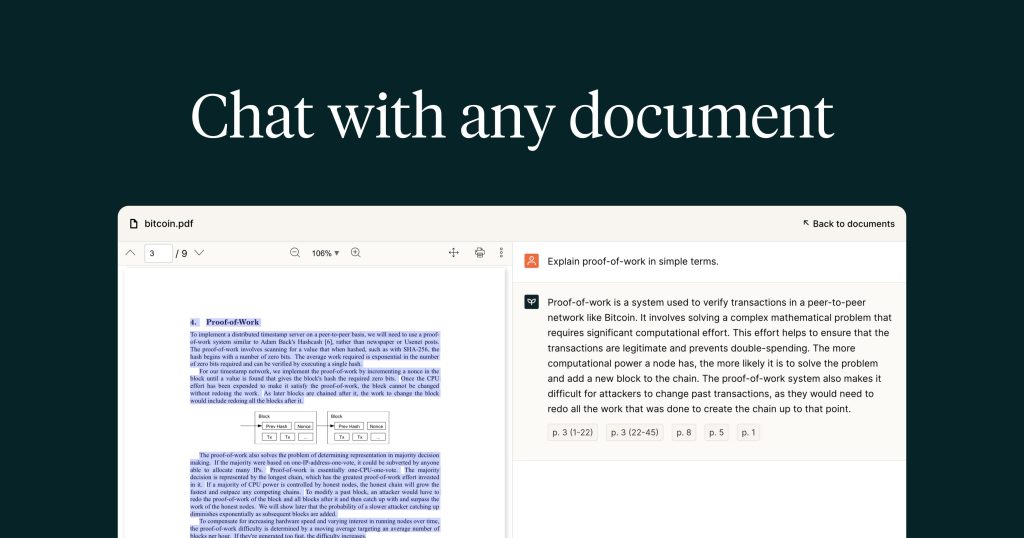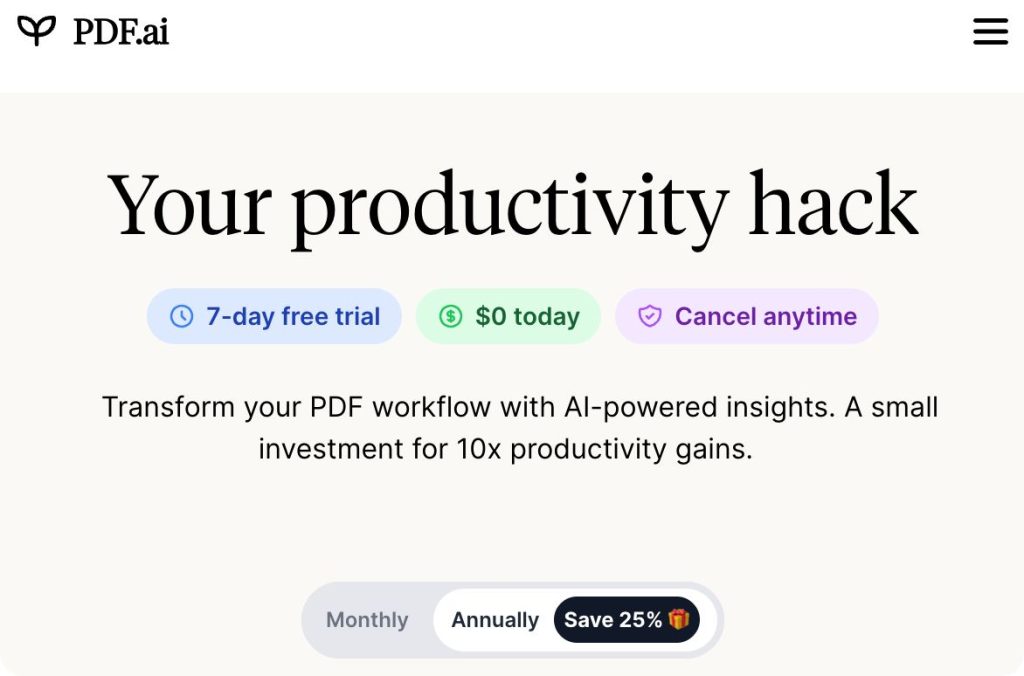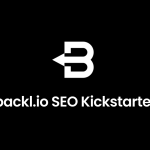In June 2023, Damon Chen looked at a PDF and thought, “What if you could talk to this thing?” And unlike the rest of us who’ve shouted at a terms of service doc or tried to CTRL+F our way through 172 pages of legalese, Damon actually did something useful about it. He built PDF.ai, a tool that lets you chat with your PDFs like you’re interrogating a suspect on Law & Order, except this one doesn’t plead the Fifth, it just gives you the answer you want instantly.
Fast forward to now, and Damon is bringing in $80,000 per month, helping people extract obscure figures from 97-slide investor reports and 80-page lease agreements.
I was a mediocre software engineer. I spent 8 years growing my base salary from $100k to $150k. Now, I’m a founder. It took me 4 months to grow my biz from $100k to $150k ARR.
Damon Chen
From the bold strokes of Delacroix to the delicate layers of Vermeer, every piece invites you into the mind of its creator. These masterpieces are more than objects—they are windows into the soul of history.
The Startup That Started With a Headache
The idea hit Damon the way most billion dollar ideas do, in the middle of a deeply annoying experience. People, it turns out, don’t enjoy scanning academic papers line by line for one paragraph of useful information, they also don’t love scrolling through PDFs where the table of contents is more of a suggestion than a guide.
So Damon had a thought, what if you could just ask the PDF a question and have it give you an answer without going on a 15-page detour through fonts last updated in 2002? He answered it by creating PDF.ai a tool where you can upload any document and have a casual chat with it, like ChatGPT, but for your 100-page insurance policy.

The First Version
To create the first version of PDF.ai, Damon did what every successful founder does, he built the bare minimum that worked and prayed it didn’t crash when someone uploaded a 400-page UN climate report.
He gathered a team, fine-tuned some existing AI models, and made sure they could read the strange world of PDF formatting, including weird tables, overlapping text, and diagrams that may or may not have been scanned upside down. The first version worked, people liked it, and before he could say “natural language parsing,” he had his first batch of users giving enthusiastic (and slightly shocked) feedback like, “Wait this actually works.”
Domain Buying
Then came the domain, PDF.ai, at a cost of $10,000. You know, the kind of casual investment decision you make when you’re either very confident or very sleep-deprived. Turns out, it was a genius move. The domain ranked amazingly well on on Google and made the tool instantly memorable.
Damon didn’t just build, he knew that marketing was just as important as the product itself:
- He teased it on socials like a tech influencer with something to sell but no filters to hold him back.
- He hired a full-time influencer, because nothing says startup growth like someone posting “this tool blew my mind 🤯” three times a day to their 50k followers.
- He optimized the site for keywords like “AI PDF tool” and “chat with PDF”, which basically meant if you Googled any combination of “PDF” and “please help me,” he showed up.
- He created viral video content, people shared it because it was funny, useful, or both.
- And then came the press, because apparently even the Spanish media couldn’t resist a man who taught PDFs how to talk, the daily newspaper La Vanguardia covered it traffic exploded.
And let’s not forget a common theme in a lot of the features on The Startup Series, the affiliate program. Damon offered 30% commission for people who referred new customers, which led to hundreds of creators building little fan pages that all ended in “Try PDF.ai it changed my life.”

How Do You Keep 350,000 Users Happy?
As of today, PDF.ai has over 350,000 users, 1 million monthly website visitors, and a revenue chart that just keeps going up. So how do they keep people coming back?
Well one that helps is that media continue to cover it, which means backlinks, SEO boosts, and credibility from people who still read newspapers. He continues to invest in influencers to spread the word across social media and the strength of its domain continues to attract traffic as well as no doubt increasing in value. Given that editpdfonline.ai is currently for sale on Atom for nearly $4,000, it’s hard to see a world in which PDF.ai hasn’t at least doubled in value as a domain asset.
The Tools
If you’re looking to follow Damon’s approach and build your own successful AI-driven business, the tools he relied on were straightforward but highly effective. He used Instagram, TikTok, and Twitter to build awareness and drive engagement through consistent, relevant content. For SEO, he relied on Ahrefs to identify and target high-performing keywords, ensuring strong visibility in search results. Klaviyo was his platform of choice for email marketing, allowing him to maintain regular communication with users and grow a loyal audience, proof that newsletters, even today, remain an important channel for customer engagement.
Don’t let career title, KPI decide who you are and how much you are worth!
Damon Chen
Lessons Learned
Over the course of bilding PDF.ai, Damon learned several key business lessons. First, investing in a strong domain name pays off, it builds credibility, supports SEO, and makes the product instantly more memorable. Second, focus on solving a meaningful problem in a way that feels intuitive and even a little magical to the user. Third, leverage the power of others to help you grow, whether through word of mouth, partnerships, or an affiliate program. Fourth, stay close to your users, feedback is one of the most powerful tools for building something people actually want and finally, while virality can’t be forced, it helps to create something that’s genuinely shareable and remarkable.
For aspiring founders, Damon’s advice is another common we see across The Startup Series articles, which is to avoid waiting for perfection, build a minimal version of your product that addresses a real need, and improve it based on real feedback. Share your journey publicly, not just the polished highlights, but the lessons and challenges too. Secure a strong, clear domain that communicates your value immediately and remember, social platforms are still one of the best ways to reach your audience, so don’t underestimate the power of a compelling demo or a post that gets people talking, success often starts with something simple, built well, and shared honestly.





